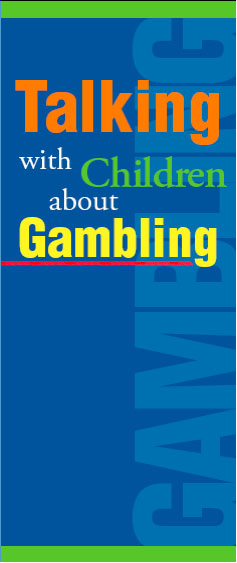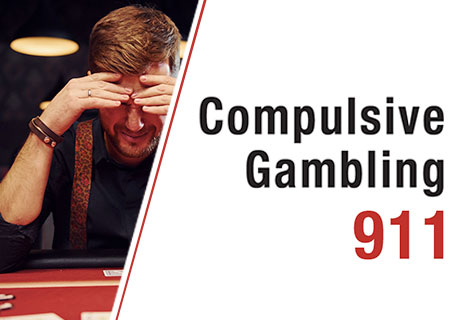
Gambling disorder is often misunderstood, partly because the field of study is so young compared to research on alcohol, drugs and other addictive disorders. It wasn’t until 1980 that gambling disorder (then named “pathological gambling”) was recognized in the American Psychiatric Association’s Diagnostic and Statistical Manual of Mental Disorders.
Keep in mind the following:
• A problem with gambling is not the result of weakness or low moral character. Gambling disorder is a recognized mental health disorder, just like substance use disorders.
• A person with a gambling disorder struggles with many of the same things that plague people with other addictions. For example, many experience irritability, anxiety and restlessness when attempting to stop or reduce their gambling. Telling such a person to just “stop gambling” is not realistic or helpful.
• A diagnosis of gambling disorder is not hopeless. Recovery is possible. See the section on Getting Help for information.
• Promote efforts to strengthen public health policy so that gambling disorder receives the same level of support as alcohol and drug disorders.
• Parents should remember that gambling is not a risk-free activity and that children are very impressionable. Think twice before asking your child to buy a lottery ticket or give a scratch ticket as a gift to your kids. If you are concerned about your child’s gambling behavior, see the brochure, “Talking to Children about Gambling” below.


